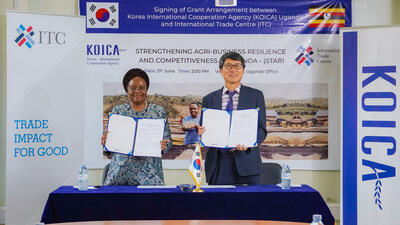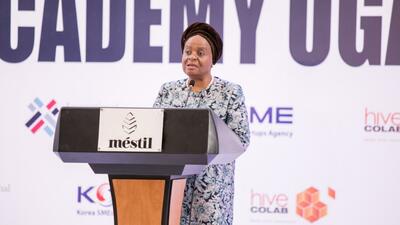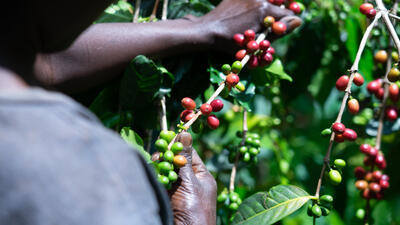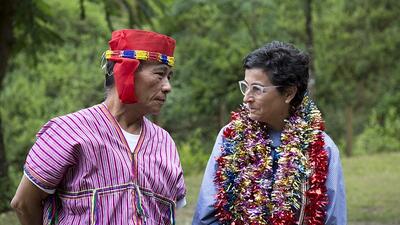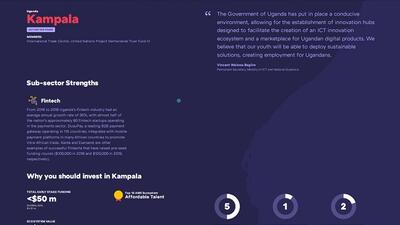Parte II: Noticias del taller de Gestión del Agua y del Carbono tiene lugar ayer y hoy en Kenia.(en)
Climate change is driving changes to both production and market access for the Kenyan Horticultural industry. ITC, COLEACP-PIP together with the Kenya Fresh Produce Exporters Association (FPEAK) organized a workshop to provide an overview of the sustainability agenda in the agrifood sector with a special emphasis on carbon and water management. This article is an update from the final day of the workshop held at the centre of the Kenya flower and vegetable industry...
Climate change is driving changes to both production and market access for the Kenyan Horticultural and flower industry. ITC and COLEACP/ PIP together with the Kenya Fresh Produce Exporters Association (FPEAK) today wrapped up a workshop to provide an overview of the sustainability agenda in the sector with a special emphasis on carbon and water management.
The morning session of this final day saw presentations from leading sustainability standards including Rainforest Alliance, FLOCERT and GlobalG.A.P. Participants learnt how these standards are integrating climate and water issues and how they are particularly relevant for the Kenyan context. Gianluca Gondolini of Rainforest Alliance stressed that utilizing the generations of knowledge that farmers have on traditional farming practices is important for innovation and environmental protection. While André Eitner of FLO CERT, through examples of carbon footprint assessments carried out, showed how carbon footprints can be seen as both a marketing tool and a farm level monitoring tool.
Katharina Plassmann of the Institute of Agricultural Climate Research presented a soon to be published ITC Exporter’s Guide on Product Carbon Footprinting Standards. In addition to explaining the fundamentals of how to calculate a carbon footprint in the agriculture industry, she explained some of the key challenges facing Kenyan exporters in meeting these standards and potential solutions. She noted that research and development, capacity building and awareness raising are all important in ensuring these standards are developed and implemented in a way fair to African countries.
Bringing a local context to the workshop, Anderson Koyo of the private sector and Kenyan Government jointly led, Imarisha Naivasha Board presented on efforts currently being taken to harmonize efforts on water management in the Lake Naivasha area. Stressing that Lake Naivasha is a very important economic area and eco-system in Kenya and globally, he highlighted the concrete steps being taken to manage water use in the area.
In addition to presentations, participants also engaged in group discussions to identify how ITC and its partner COLEACP-PIP can target support to the sector effectively in 2012. In wrapping up the workshop, Alex Kasterine of ITC stated that: “More African involvement is needed in standard setting to allow Kenyan producers to remain competitive.” Guy Stinglhamber Director of COLEACP-PIP Brussels office concluded by saying that: “Carbon and water management changes must be driven by Kenyan producers for Kenyan producers.”
You can find out more about the workshop by reading this other news item







